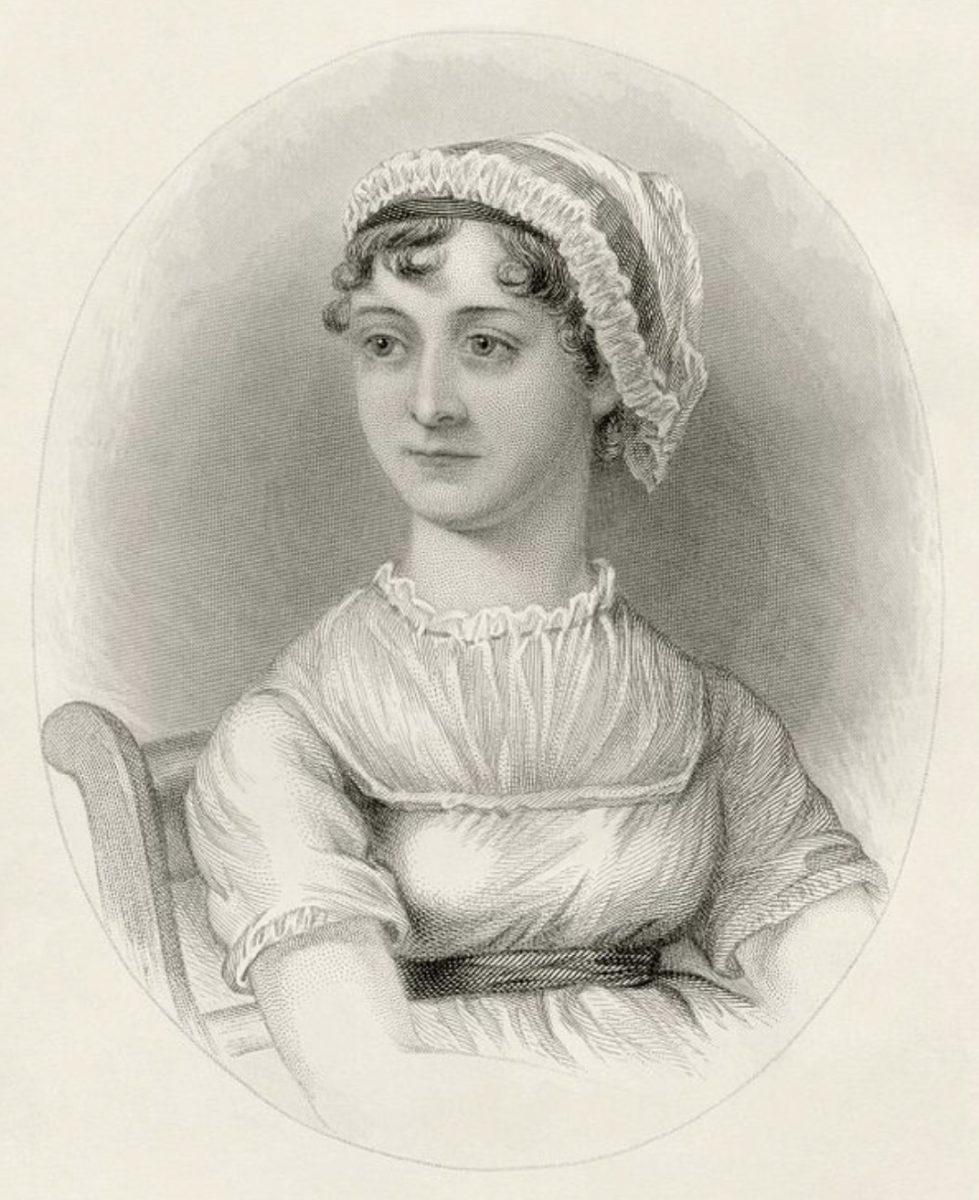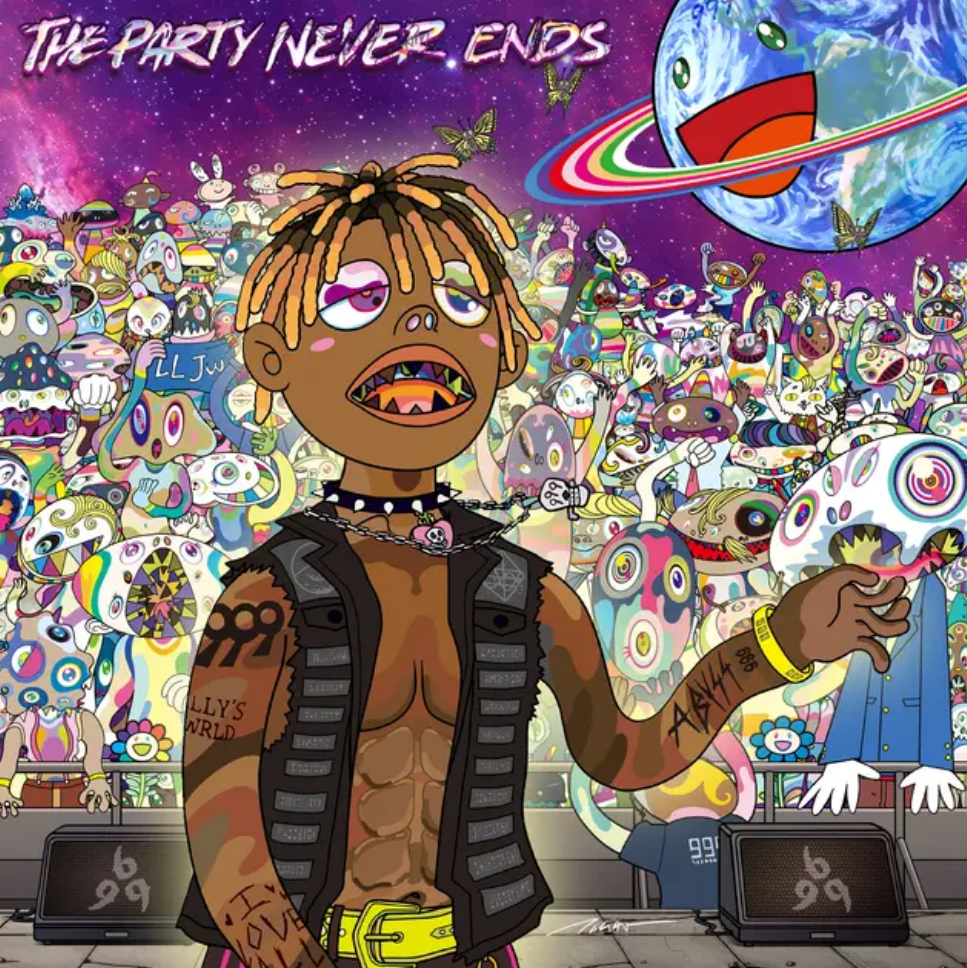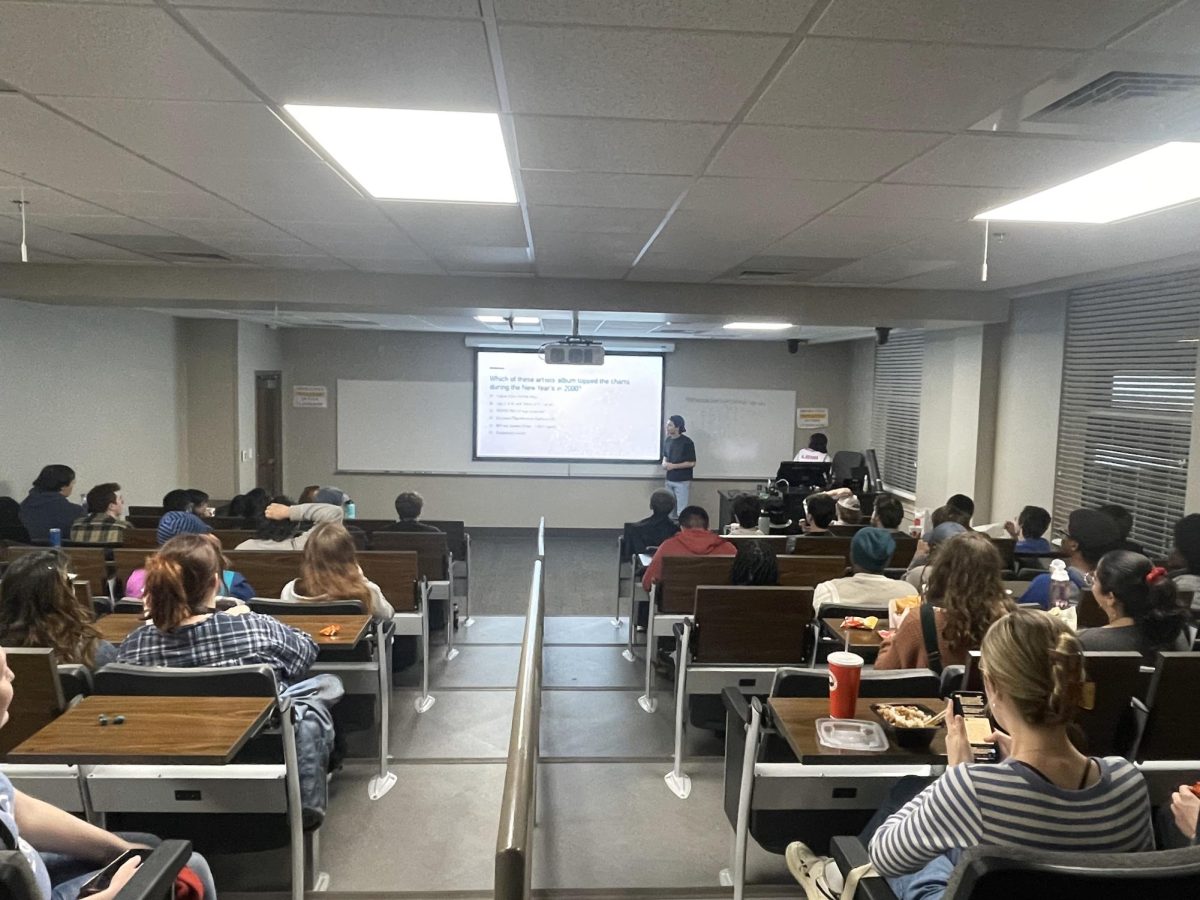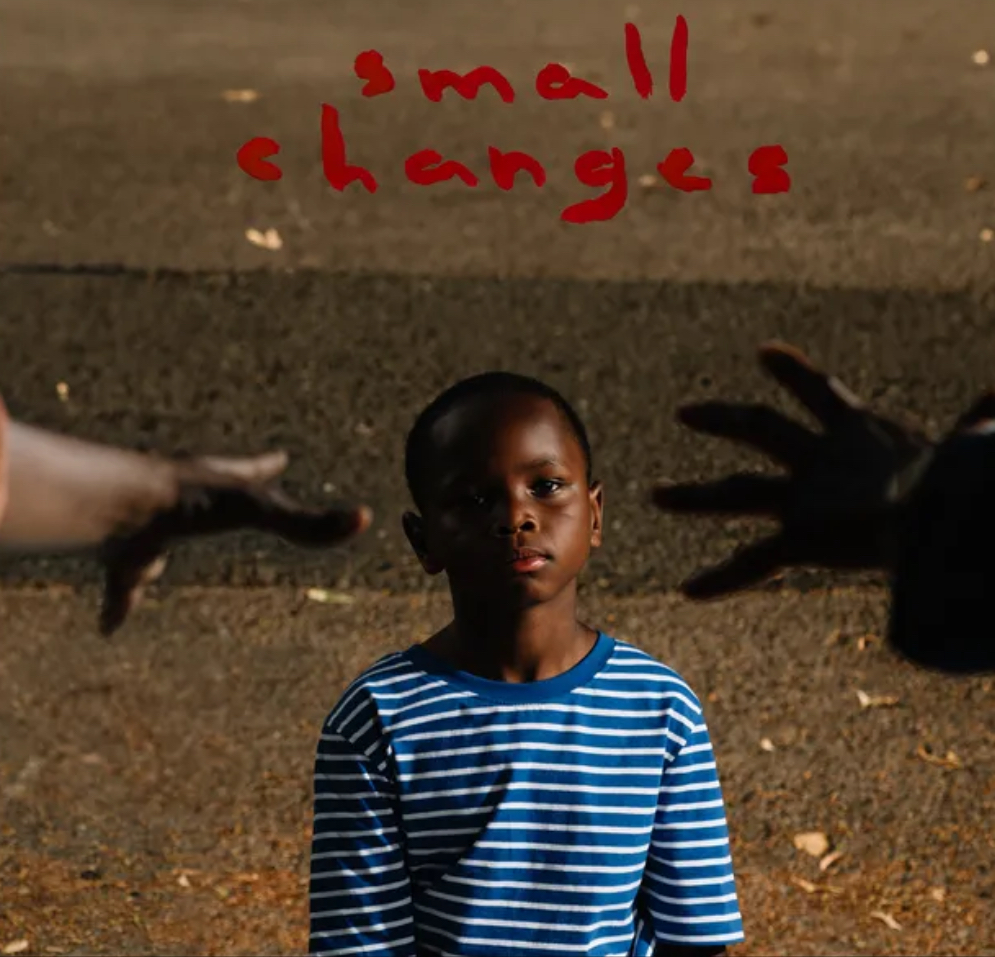Ayn Rand’s name was everywhere a couple years ago, when Tea Partiers started brandishing “Who is John Galt?” signs to protest increasing government intervention in the economy (and various other things). It’s a reference to her magnum opus, “Atlas Shrugged,” the 1,200 page economic epic of railroads, utopia and a collapsing welfare state. Add some of the sex scenes Rand is (in)famous for (see: “The Fountainhead”), and you’ve got a bestseller.
Interestingly, in the midst of our own economic downward spiral and government bailout fad, 2009 was the novel’s best year in sales – ever – which is pretty impressive considering it was published in 1957. Right now, it’s number one in Literature/Classics on Amazon. In other words, Dagny Taggart just pwned Elizabeth Bennet. And don’t forget the “Atlas Shrugged” movie that opened last spring, starring a whole bunch of actors no one’s ever heard of and two ex-LOST cast members.
Now, I realize that Ayn Rand is not universally loved (understatement). Not everyone can spend his or her summers as an intern at the Ayn Rand Institute like me. Take, for example, that hipster Malleteer with a megaphone who shouted “Who is John Galt?” at me rather aggressively as I sat at the Get On Board Day table for the (now-defunct) Alabama Students of Objectivism club last year. He was pale blonde, slightly anemic, and wearing a white T-shirt with black skinny jeans, if anyone wants to help me out (I have some pamphlets on free market capitalism I’d be happy to give him). So I understand that recommending the stridently political behemoth that is “Atlas Shrugged” in the CW’s first book review column might not be a great idea.
But a decade before “Atlas Shrugged” hit the shelves, Ayn Rand wasn’t writing charged political thrillers or 60-page radio speeches. She was writing science fiction.
De-individuation is one of the most horrible futures novelists and television producers have given us. We recognize that. We hate Big Brother and we hate the Borg. Nobody, after all, likes a Hive Mind. Ayn Rand’s individualist novella “Anthem” (1946) tackles this dystopian nightmare in an elegant 75 pages, three years before Orwell and decades before “Star Trek.”
Equality 7-2521 is a man struggling against a completely collectivized society—to the point that the word “I” has disappeared completely from the vocabulary (which makes the first-person narrative… plural, and unique). “Anthem” is the story of the discovery of his individuality—and an anthem (see what I did there?) to the value and power of the human mind, human creativity, and, well, the human.
It’s classic Ayn Rand philosophy in a short, highly readable format that’ll stick with you. For Ayn Rand newbies, it’s a great introduction to her ideas. For veteran readers of her more famous fiction and nonfiction, “Anthem” shows a different, more innovative side to her writing that might be refreshing after spending a month or two, or three or four on “Atlas Shrugged.” And for those who find Rand’s politics grating (understatement), “Anthem” is blessedly free of collapsing economies. Call it Ayn Rand Light.
“Anthem” is a one-afternoon read, and well worth the time. Makes me wonder what the genre would be like if she had kept writing science fiction… somewhere in the multiverse, Ayn Rand’s having drinks with Isaac Asimov. I’m sure of it.
‘Anthem’
If you like: “Anthem” by Ayn Rand
You might also like: “Never Let Me Go” by Kazuo Ishiguro, “The Penultimate Truth” by Philip K. Dick, “The Handmaid’s Tale” by Margaret Atwood, “We the Living” by Ayn Rand








